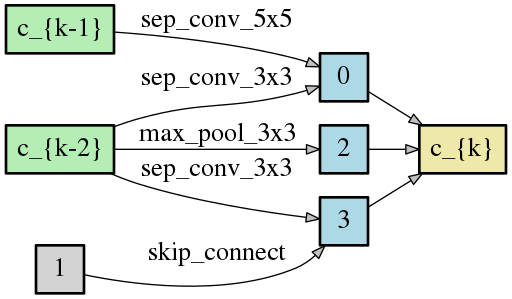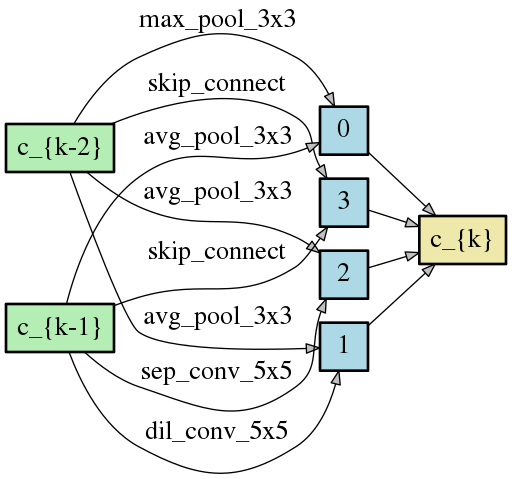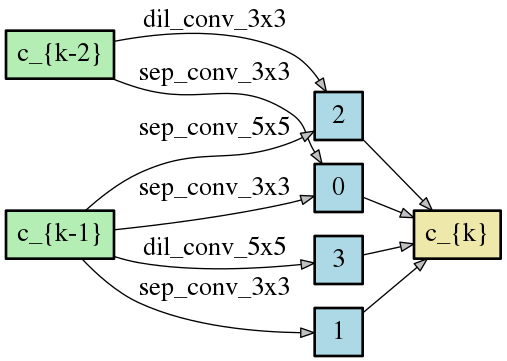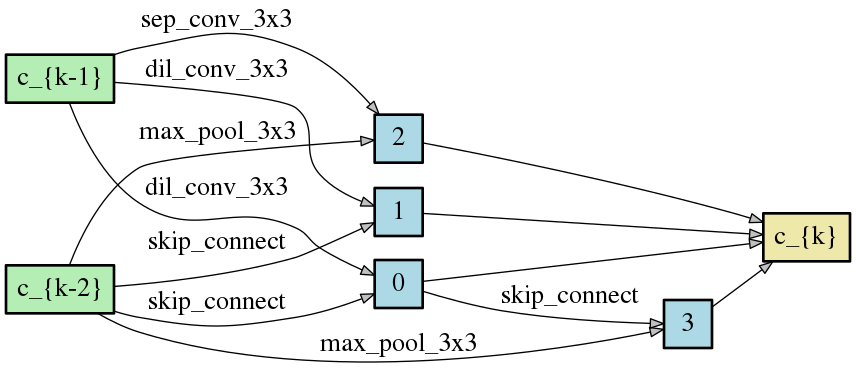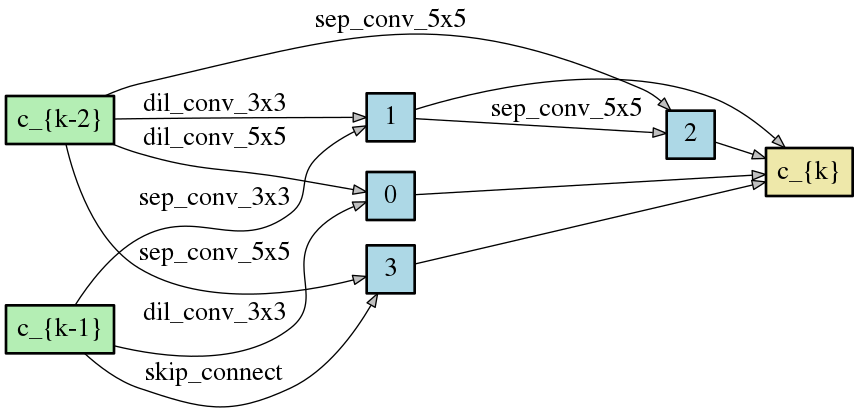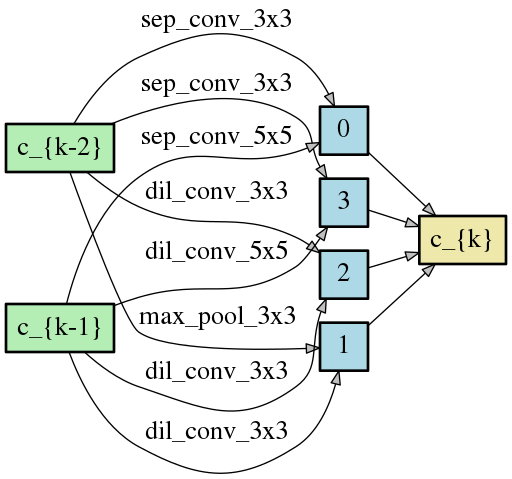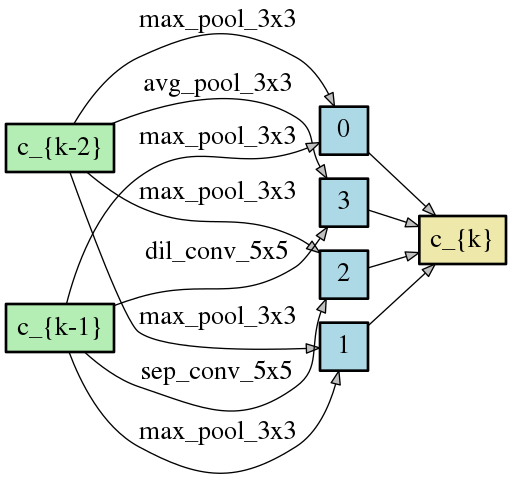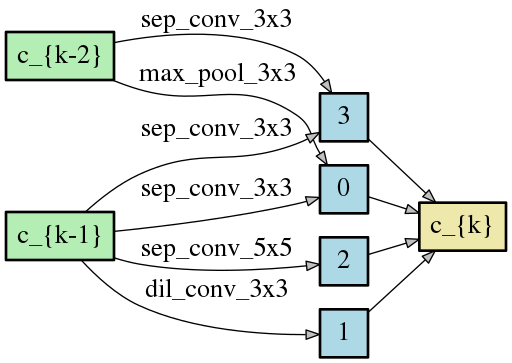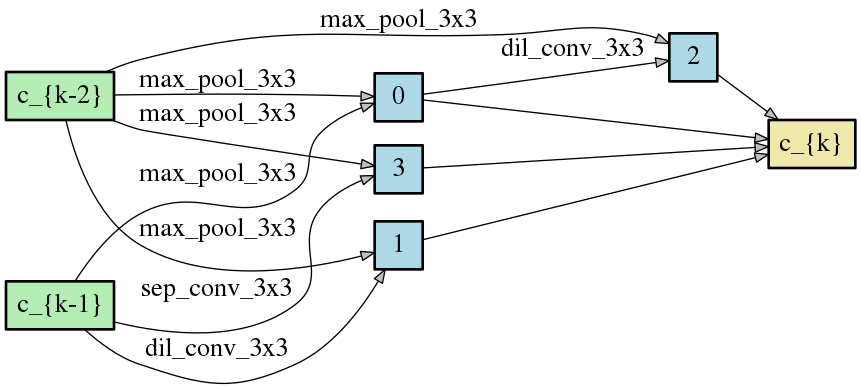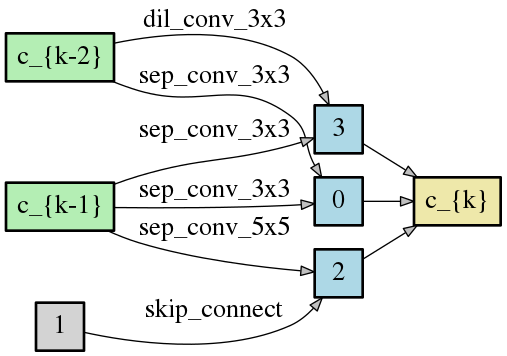Differential Architecture Search (DARTS) is now a widely disseminated weight-sharing neural architecture search method. However, there are two fundamental weaknesses remain untackled. First, we observe that the well-known aggregation of skip connections during optimization is caused by an unfair advantage in an exclusive competition. Second, there is a non-negligible incongruence when discretizing continuous architectural weights to a one-hot representation. Because of these two reasons, DARTS delivers a biased solution that might not even be suboptimal. In this paper, we present a novel approach to curing both frailties. Specifically, as unfair advantages in a pure exclusive competition easily induce a monopoly, we relax the choice of operations to be collaborative, where we let each operation have an equal opportunity to develop its strength. We thus call our method Fair DARTS. Moreover, we propose a zero-one loss to directly reduce the discretization gap. Experiments are performed on two mainstream search spaces, in which we achieve new state-of-the-art networks on ImageNet.
Hi folks! We are AutoML Team from Xiaomi AI Lab, based in Beijing, China. There are few open positions (internships included), welcome global applications from students, new graduates and professionals skilled in NAS and Deep Learning (Vision, Speech, NLP etc.)!
- Please send your resume to zhangbo11@xiaomi.com
- 人工智能算法/软件工程师(含实习生)职位,简历请发送至 zhangbo11@xiaomi.com
- QQ群交流:小米 AutoML 交流反馈, 群号:702473319 (加群请填写“神经网络架构搜索”的英文简称)
Python 3
pip install -r requirements.txt
The fairdarts folder includes our search, train and evaluation code. The darts folder consists of random and noise experiments on the original DARTS.
python train_search.py --aux_loss_weight 10 --learning_rate 0.005 --batch_size 128 --parse_method threshold_sparse --save 'EXP-lr_0005_alw_10'
Default batch-size is 128
python train.py --auxiliary --cutout --arch FairDARTS_a --parse_method threshold --batch_size 128 --epoch 600
python evaluate_model.py --arch FairDARTS_b --model_path ../best_model/FairDARTS-b.tar --parse_method thresholdNote that we select architecture by barring with threshold σ, and |edge| <= 2 per node.
FairDARTS_a:
FairDARTS_b
FairDARTS_c
FairDARTS_d
FairDARTS_e
FairDARTS_f
FairDARTS_g
The isolated nodes (in gray) are ignored after parsing the genotypes.
We run FairDARTS 7 times, all searched architectures have close performance.
| Model | Flops | Params | Performance |
|---|---|---|---|
| FairDARTS_a | 373M | 2.83M | 97.46 |
| FairDARTS_b | 536M | 3.88M | 97.49 |
| FairDARTS_c | 400M | 2.59M | 97.50 |
| FairDARTS_d | 532M | 3.84M | 97.51 |
| FairDARTS_e | 414M | 3.12M | 97.47 |
| FairDARTS_f | 497M | 3.62M | 97.35 |
| FairDARTS_g | 453M | 3.38M | 97.46 |
| mean,var | ~457.85M | ~3.32M | 97.46±0.049 |
Note: We remove batch normalization for FLOPs' calculation in thop package. This is to follow status quo treamtment.
| Model | FLOPs | Params | Batch size | lr | DP | Optimizer | Performance |
|---|---|---|---|---|---|---|---|
| FairDARTS-a | 373M | 2.83 | 96 | 0.025 | 0.2 | SGD+CosineAnnealingLR | 97.46 |
| FairDARTS-b | 536M | 3.88 | 96 | 0.025 | 0.2 | SGD+CosineAnnealingLR | 97.49 |
| DARTS_V2 | 522M | 3.36 | 96 | 0.025 | 0.2 | SGD+CosineAnnealingLR | 96.94* |
| PC-DARTS | 558M | 3.63 | 96 | 0.025 | 0.2 | SGD+CosineAnnealingLR | 97.31* |
| PDARTS | 532M | 3.43 | 96 | 0.025 | 0.2 | SGD+CosineAnnealingLR | 97.53* |
*: Results obtained by training their published code.
@article{chu2019fairdarts,
title={{Fair DARTS: Eliminating Unfair Advantages in Differentiable Architecture Search}},
author={Chu, Xiangxiang and Zhou, Tianbao and Zhang, Bo and Li, Jixiang},
journal={arXiv preprint arXiv:1911.12126},
url={https://arxiv.org/abs/1911.12126.pdf},
year={2019}
}
